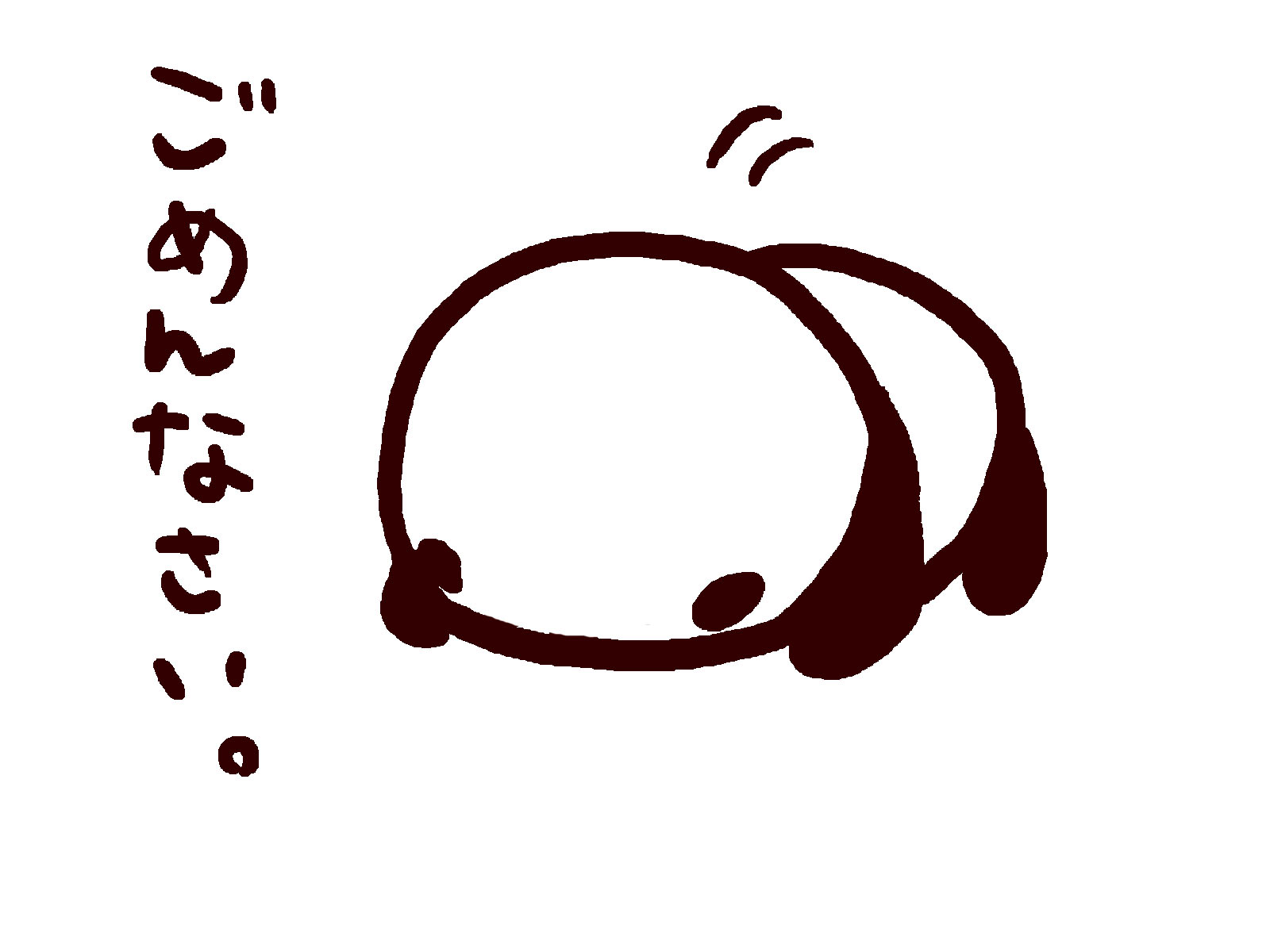Understanding “Morning,” “Day,” “Evening,” and “Night” in English: More Than Just Time
When learning English, it’s easy to think of words like morning, day, evening, and night as simple translations of the Japanese words 朝, 昼, 夕方, and 夜. However, in English, these words carry more than just temporal meanings — they reflect how people live, work, and spend time during the day. Let’s explore the deeper meanings behind these everyday words.
Oxford Definitions (with Human Activity Focus)
Here are the Oxford Learner’s Dictionaries definitions of each term, which show how English connects these time words to human behavior:
- Morning: “the early part of the day from the time when people wake up until midday or before lunch.”
→ Focus: waking up and starting the day - Day: “the hours of the day when you are awake, working, etc.”
→ Focus: productive/active hours (school, work, etc.) - Evening: “the part of the day between the afternoon and the time you go to bed.”
→ Focus: post-work leisure or social time - Night: “the time between one day and the next when it is dark, when people usually sleep.”
→ Focus: rest and sleep
These definitions show that English organizes the day based on types of human activity, not just sunlight or clock time — a subtle but important cultural difference from Japanese.
Evening ≠ Just “Sunset”
Evening is more than the time after sunset. It refers to a social and relaxed time after the day’s main work is done. That’s why we say things like:
- evening dress → formal clothing for evening events or parties
- social evening, musical evening → events held after work or school
- Have a nice evening! → a common farewell to someone heading into their leisure time
Have a nice night!? Use with care!
Saying Have a nice night! can sound like you’re telling someone to go to sleep — like Good night (おやすみ). That’s why it’s not usually used when someone is just starting their evening social activities.
However, language is changing, and phrases like Have a great night! or Have a wonderful night! are increasingly used, especially in weekend or party contexts. Here, night takes on a meaning closer to evening.
Note: Expressions like Friday night or Saturday night often refer to evening social life (going out, events, etc.).
Language Reflects Culture
- In Japanese, time divisions like 朝 (morning), 昼 (daytime), 夜 (night) are based primarily on the position of the sun.
- In English, these divisions also reflect social roles and routines: waking, working, socializing, and sleeping.
This difference can lead to subtle misunderstandings if you translate words directly without considering the cultural context.
Even basic words like come, go, day, or night are shaped by cultural views. Just because a word seems simple doesn’t mean you fully understand its real usage.
In English, evening is a cherished concept — a time to unwind, connect, and enjoy life after obligations are done. If your routine skips straight from work to bed, you might be missing the “evening” entirely — not just in language, but in lifestyle, too!
Summary
| Term | Definition (Oxford) | Cultural Function | Example Expressions |
|---|---|---|---|
| Morning | Wake-up to midday | Starting the day | Good morning! |
| Day | Active hours | Working, school, tasks | Have a good day! |
| Evening | After work → bed | Leisure, social time | evening dress, Have a nice evening! |
| Night | Darkness/sleep time | Winding down, sleep | Good night, Friday night party |


